Paneer is a popular dairy product in South Asia, particularly in India, and is widely used in various dishes. It is a rich source of essential nutrients and offers several health benefits. In this comprehensive article, we will delve into the nutrition facts in paneer highlighting its key components and their potential health implications. We will explore the macronutrient and micronutrient content of paneer, discuss its role in a balanced diet, and provide tips on incorporating it into your meals. By the end of this article, you will have a thorough understanding of Nutrition facts in paneer cheese value and why it is a valuable addition to your diet.
Key Nutritional Components of Paneer:
1. Protein Content:
Paneer is renowned for its high protein content. It is an excellent source of complete protein, providing all nine essential amino acids necessary for building and repairing tissues. A 100-gram serving of paneer contains approximately 11 grams of protein, making it an ideal choice for vegetarians and vegans looking to meet their protein needs.
2. Fat Content:
Paneer is a dairy product, and like most dairy products, it contains a significant amount of fat. A 100-gram serving of paneer typically contains around 20 grams of fat, primarily saturated fat. While saturated fat should be consumed in moderation to maintain heart health, it’s worth noting that paneer can be a valuable source of healthy fats when consumed as part of a balanced diet.
3. Calcium:
Paneer is rich in calcium, a mineral essential for strong bones and teeth, blood clotting, and muscle function. A 100-gram serving of paneer provides about 200-250 milligrams of calcium, which is approximately 20-25% of the recommended daily intake for adults.
4. Vitamin :
Paneer is a good source of several vitamins, including Vitamin B12 and Vitamin D. Vitamin B12 is important for maintaining healthy nerve cells and red blood cells, while Vitamin D is necessary for strong bones and a healthy immune system.
Health Benefits of Paneer:
1. Promotes Muscle Growth:
The high protein content in paneer supports muscle growth and repair. It can be especially beneficial for individuals engaged in regular physical activity and strength training. It is an essential macronutrient that helps build and repair tissues, produce enzymes and hormones, and maintain healthy skin, hair, and bones. A 100-gram serving of paneer contains approximately 11 grams of protein
2. Bone Health:
Paneer’s calcium and phosphorus content contribute to maintaining strong bones and reducing the risk of osteoporosis, a condition characterized by weakened bones.
3. Weight Management:
Protein-rich foods like paneer can help increase feelings of fullness and reduce overall calorie intake, making it a useful addition to weight management diets.
4. Blood Sugar Control:
Paneer’s moderate fat content can help stabilize blood sugar levels when consumed in moderation as part of a balanced meal.

Incorporating Paneer Into Your Diet:
There are numerous ways to enjoy paneer in your meals. Here are some delicious and healthy paneer recipe ideas:
1. Paneer Tikka:
Marinate cubes of paneer in a mixture of yogurt and spices, then grill or bake for a flavorful and protein-packed snack or appetizer.
2. Paneer Bhurji:
Scramble paneer with onions, tomatoes, and spices to create a quick and nutritious side dish or filling for sandwiches.
3. Paneer Palak (Paneer in Spinach Gravy):
Cook paneer cubes in a creamy spinach sauce for a nutritious and flavorful main course.
4. Paneer Salad:
Toss cubes of paneer with fresh vegetables, herbs, and a light dressing for a refreshing and protein-rich salad.
5. Paneer Paratha:
Stuff whole wheat flatbreads with a paneer mixture for a satisfying and wholesome meal.
Conclusion:
Paneer is a versatile dairy product that offers an array of essential nutrients, including protein, calcium, and vitamins. Its nutrition facts in paneer are a valuable addition to various diets, including vegetarian and vegan lifestyles. When consumed in moderation as part of a balanced diet, paneer can contribute to muscle growth, bone health, weight management, and blood sugar control. Adding paneer as a part of your meal gives a good amount of protein intake required for properly active working body and Incorporating it into your meals can be a delicious and nutritional fact in paneer cheese its numerous health benefits.




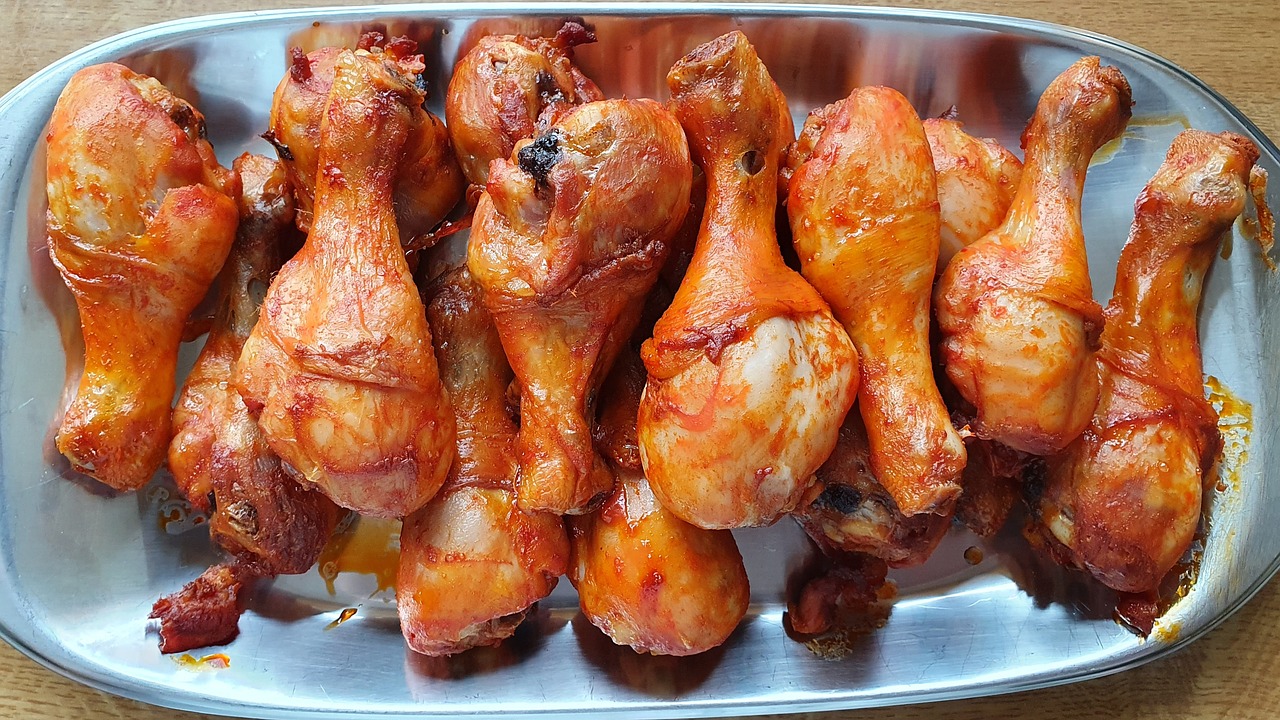
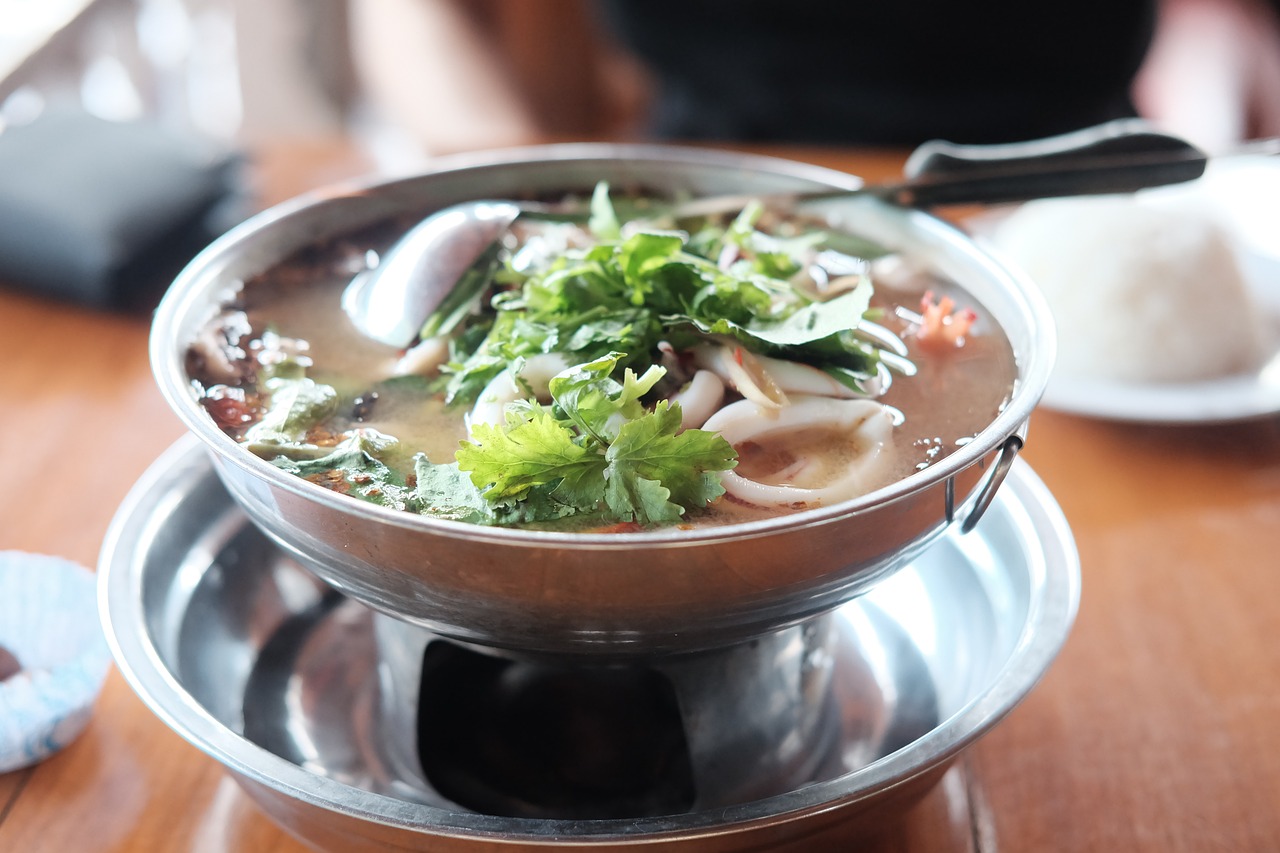


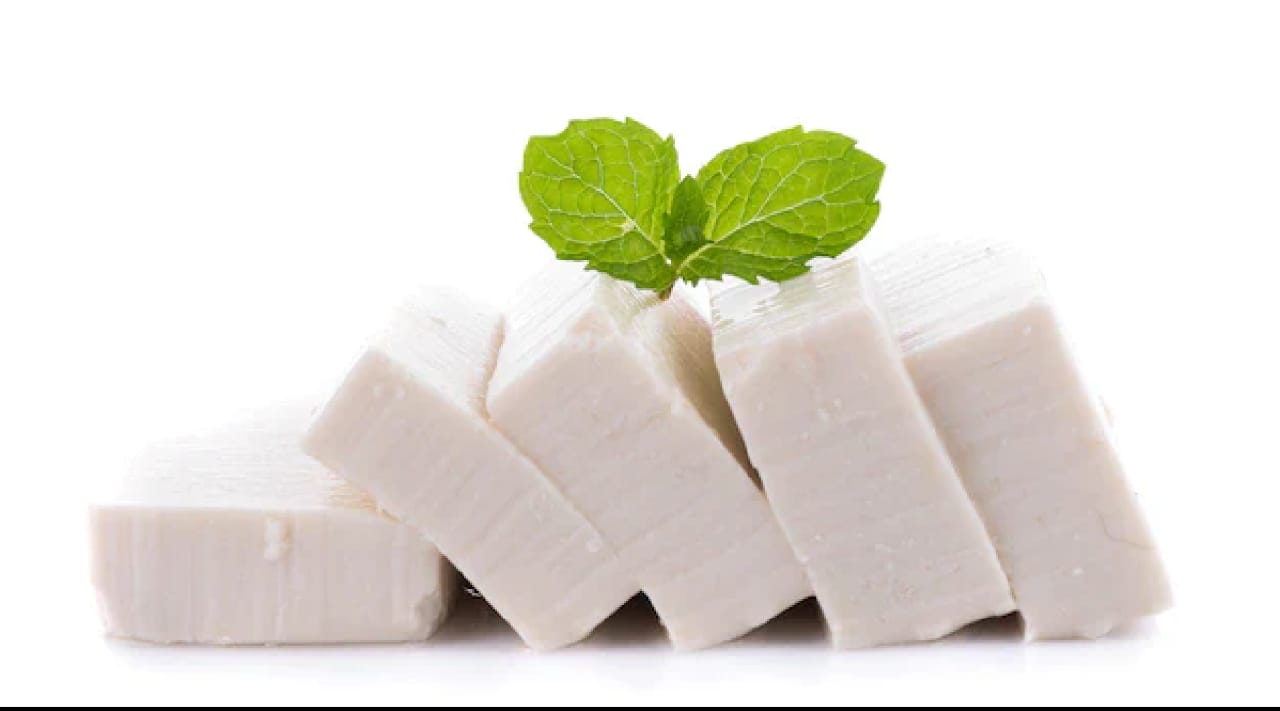
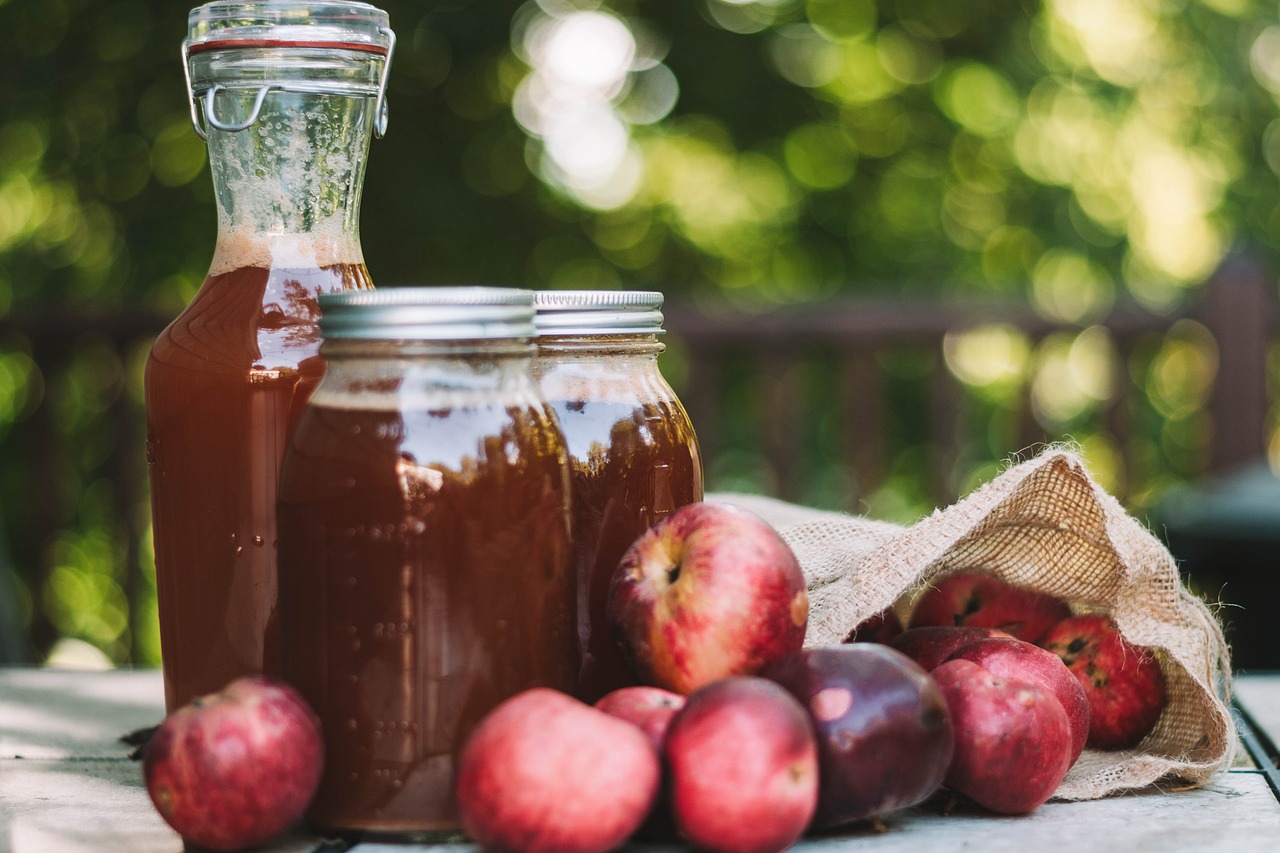


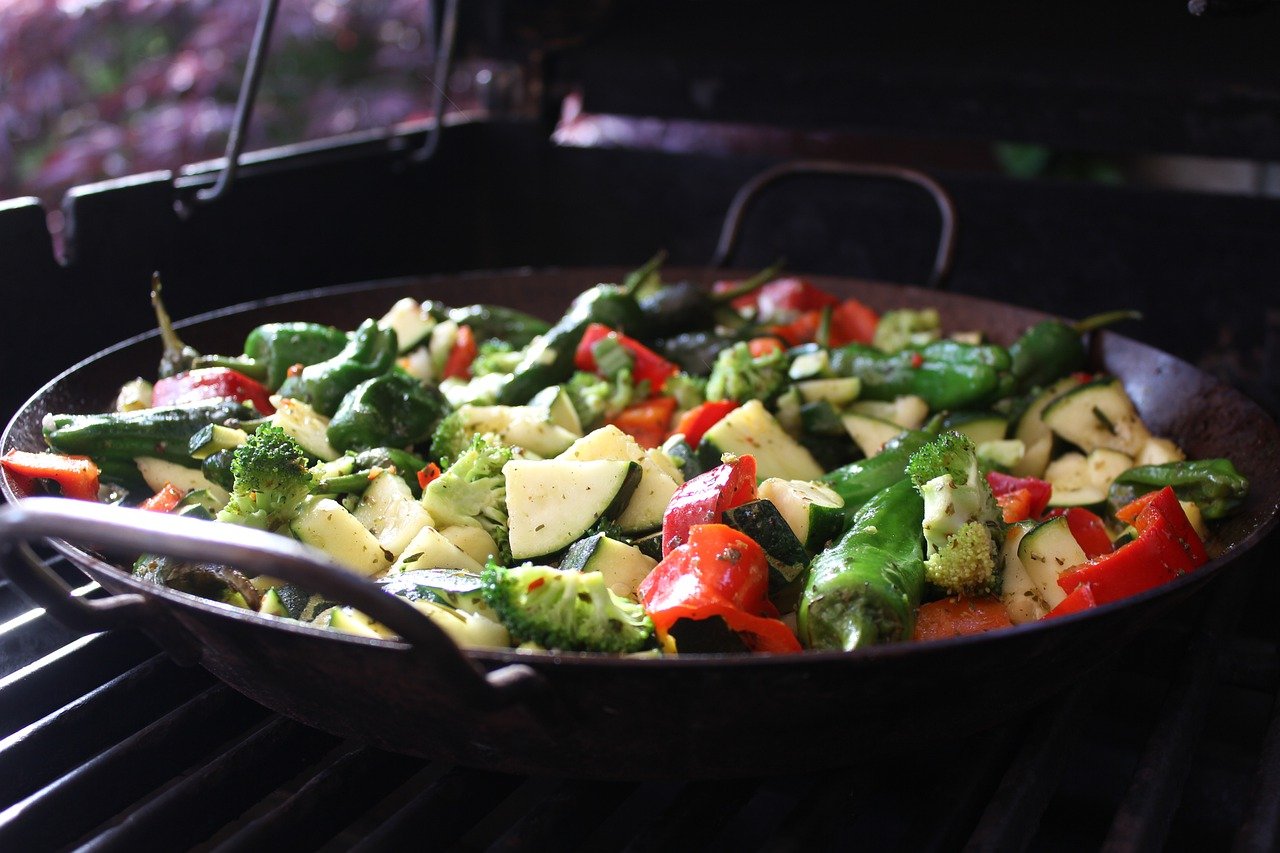
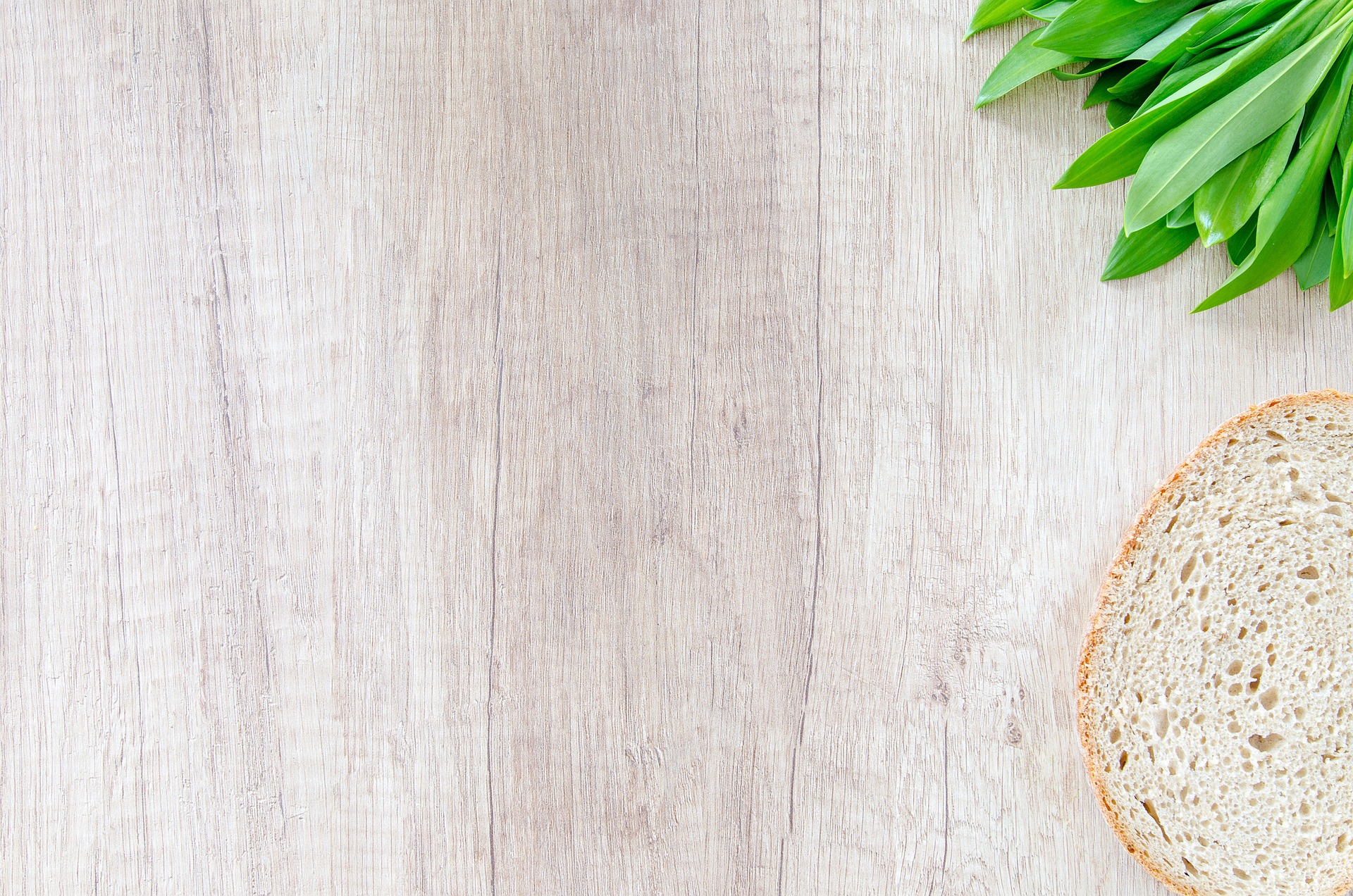
Leave a Reply
View Comments